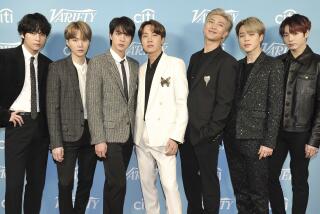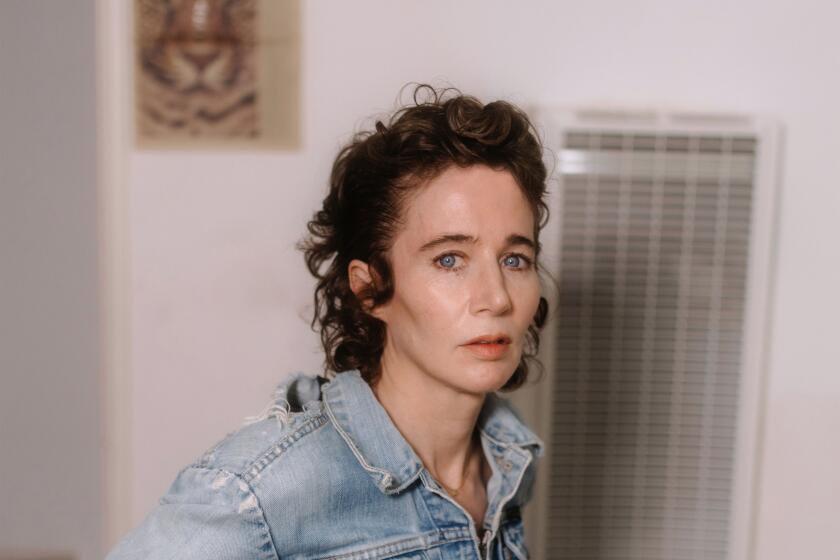DISCOVERIES
Fuel
Alphabet City 13
Edited by John Knechtel
MIT Press: 344 pp., $15.95
The FUTURE gets harder and harder to imagine. This little book is oddly helpful. In his introduction, Imre Szeman describes three narratives about our relationship to oil: strategic realism, techno-utopia and eco-apocalypse. The political left, he writes, doesn’t help much with the vision thing, preferring instead a kind of “moral hectoring to use less oil or none at all,” which is not a sustainable solution. The photos in the book -- of oil fields and refineries, gas fields in the Arctic Sea, research fields in the Barents Sea, “slick cities” (excessive luxury and weird urban fantasy) in Dubai, oil spills -- illustrate the narratives. Then come the visions of the designers who put this book together: velo-cities built around the use of the bicycle, affordable, portable housing units that generate and store enough energy to supply their inhabitants. It’s salvation by design, a new future that doesn’t depend on nationalist politics -- or oil.
Twenty Fragments
of a Ravenous Youth
A Novel
Xiaolu Guo
Doubleday: 168 pp., $21.95
Fenfang WANG is 21. She’s left her rural home (all those sweet potato fields) for Beijing only to be overwhelmed by the development, decay and political tensions of a city in the throes of major changes. Wang wants something new, a modern, independent life. She gets a job as a film extra and refines her dream. She feels the pull of home as the city lets her down but, upon her return, finds that her home is not the same -- more polluted, more crowded: “I worried that this place would pull me back, that it would not let me go again. . . . I suddenly missed the cruel Beijing life. I missed my insecurity. I missed my unknown and dangerous future. . . . I missed the sharp edges of my life.”
On Purpose
Poems
Nick Laird
W.W. Norton: 64 pp., $23.95
“AwhEaten sun. The letterbox flicks out its tongue and envelopes / swoon from the door onto the polished oak floorboards.” There’s a big line between us and them in these poems of meals and avalanches, war and country music. There’s enormous potential for misunderstanding in each and every poem; and just a flicker of possibility that we could ever really know what someone else means when they use words like “love” or “home.” Something’s missing -- its absence swims across these pages. “You’re the patron saint of elsewhere,” begins “Light Pollution.” “Jet-lagged and drinking apple juice / I know the left-hand view of life, / I think, and it’s as if I have, of late, / forgotten something in the night -- / I wake alone and freezing, still keeping to my side.”
--
More to Read
Sign up for our Book Club newsletter
Get the latest news, events and more from the Los Angeles Times Book Club, and help us get L.A. reading and talking.
You may occasionally receive promotional content from the Los Angeles Times.






